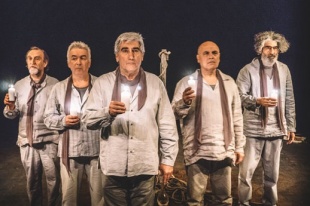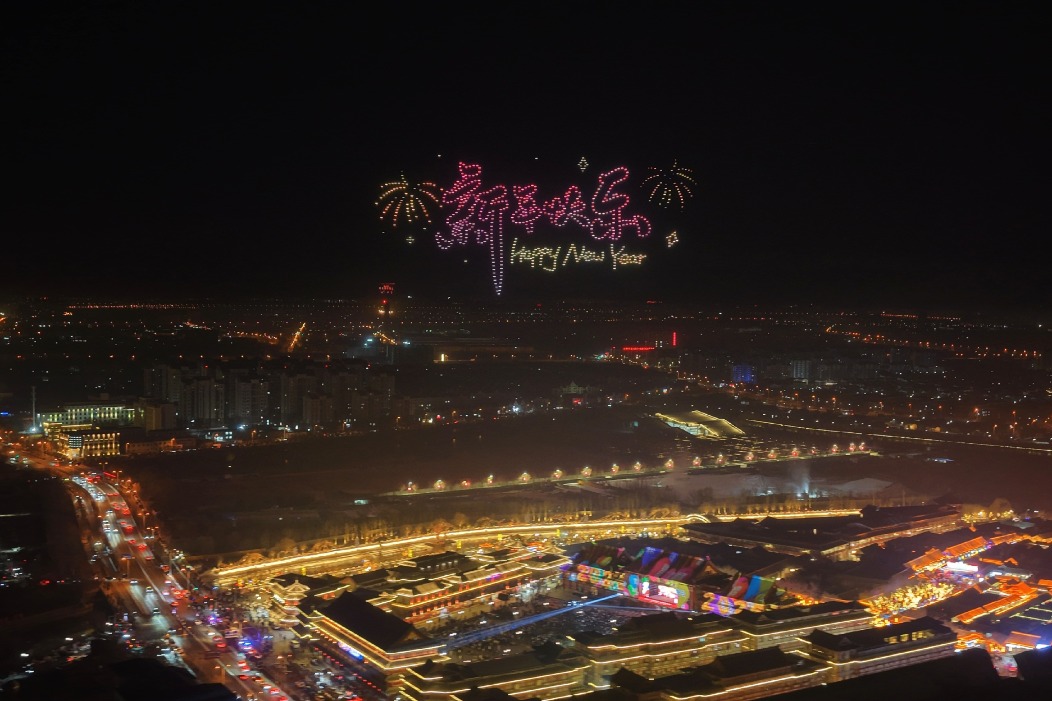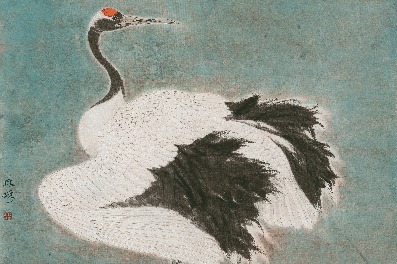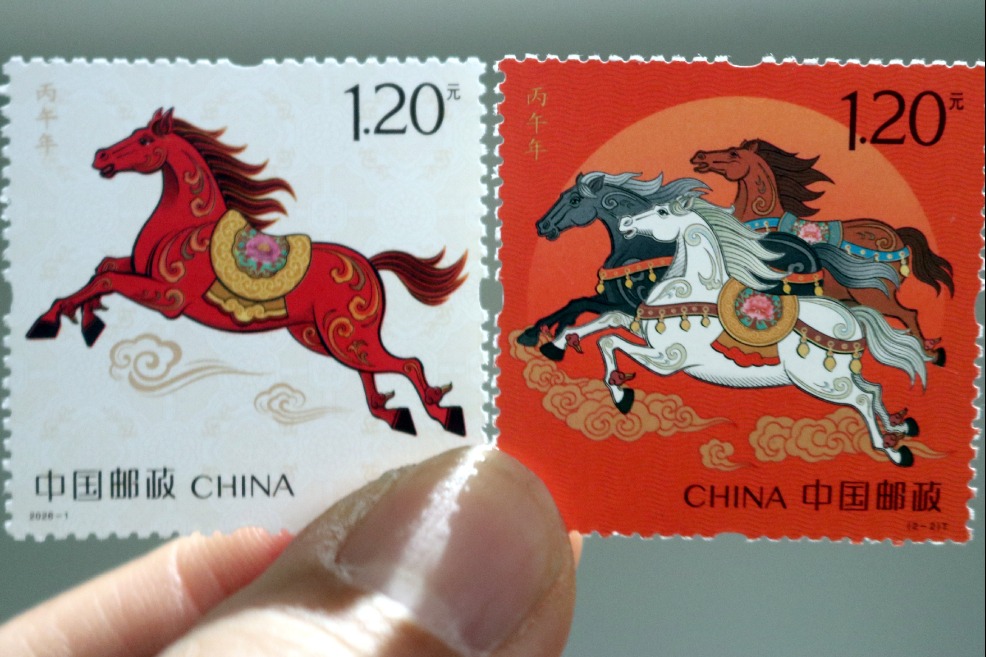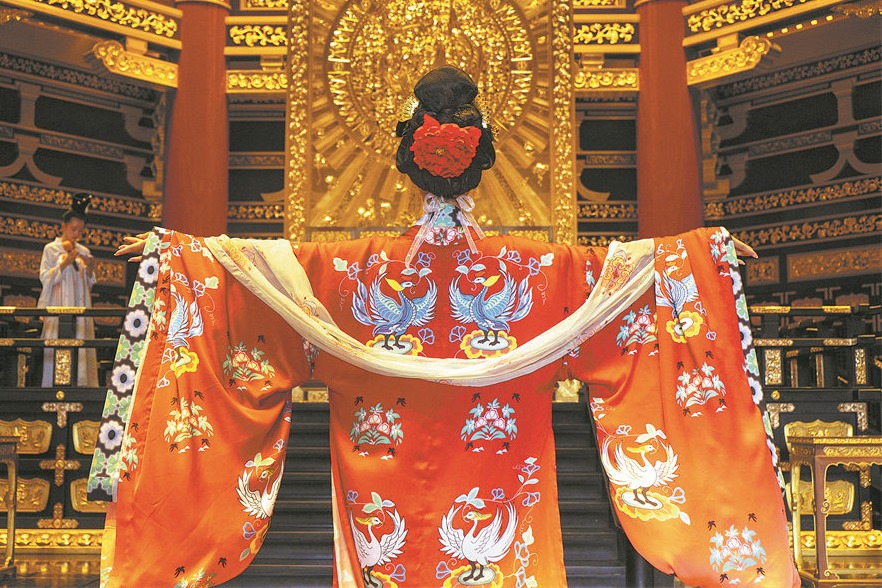Greeks come bearing literary gifts


"Andreas Koutsourelis was inspired by the significant philosophical work of Kazantzakis and strongly believed that it should be made known to a wider audience," explains Tsima. "Although the work is not a theatrical play, it is a text rich in meanings that express the metaphysical faith of the great writer.
"Kazantzakis himself argued that the whole work is an expression of his anguish to overcome the borders of the mind and to solve the mystery of existence," she continues.
"The Greek drama preserves and unveils very old myths, archetypical human behaviors, truths and secrets of existing in a community with others and facing what is beyond human power: fate.
"These plays have survived through the centuries, have inspired artists all over the world and still touch audiences, because they present important ideas in the most simple way, unaffected by time, culture or fashion," Tsima observes.
Kazantzakis was nominated for the Nobel Prize in literature in nine different years. In 1935, he visited China for the first time as a journalist. He returned for a second visit in 1957 shortly before he died on October 26 that same year in Freiburg, Germany.
According to Luo Tong, a translator and scholar of Greek literature who was based in Athens and moved back to China in 2017, the staging of the play is a major watershed for Greek theater in China.
"As far as I know, this is the first time that a theatrical production based on Kazantzakis' work is to be staged in China," says Luo.
A love of Greek literature runs in Luo's family. His father, Luo Jinlin, 80, graduated from the Central Academy of Drama in Beijing in 1961, and has been researching ancient Greek plays and adapting them into Chinese since the 1980s. He adds that Greek dra-ma is rarely staged in China and the translation of such plays also needs to be developed in the country.
Luo Jinlin's father, the late Luo Niansheng, who studied in the United States and at the American School of Classical Studies in Athens, started translating ancient Greek literature in 1933.


